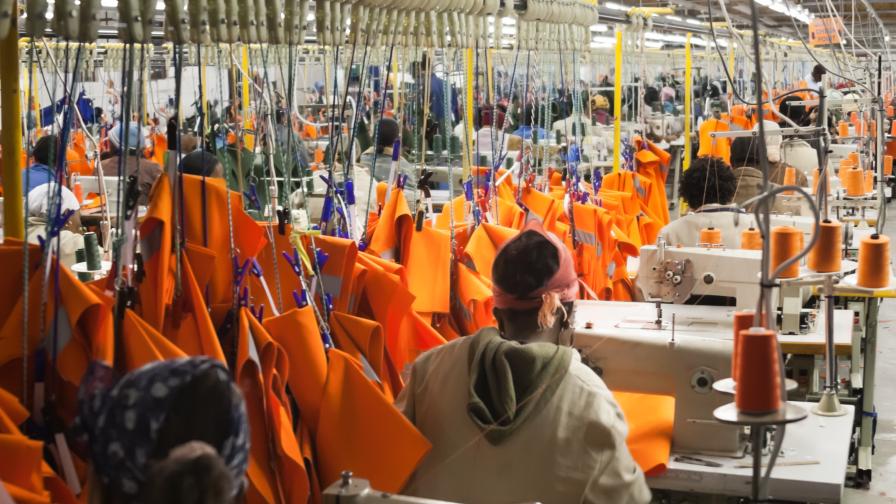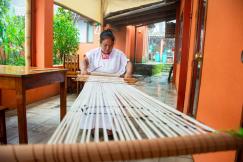A common sight in (agricultural) markets in Sub-Saharan Africa is the dense clustering of vendors selling agricultural products (mostly fruit and vegetables). Why would these vendors decide to locate so close with each other, potentially increasing the degree of competition they face? This is especially puzzling considering that there is little room for product differentiation in this industry, as vendors are dealing with relatively homogenous goods. While some recent research has focused on demand-side issues (Vitali, 2023), others have suggested that personal connections might play an important role in vendors’ business decision-making (e.g. Bergquist & Dinerstein, 2020; Banerjee et al., 2023). The researcher’s previous work in Lusaka, Zambia, shows that collusive agreements between vendors in these markets, sustained by the threat of social sanctions, could also play a role in explaining this pattern. This research projects aims to gain a deeper understanding of the inner working of these agricultural markets by surveying customers, farmers and market chiefs, and complementing the survey on fruit and vegetable vendors.
In total, 610 farmers, 1182 customers and 22 market chiefs were surveyed across 26 markets. The common theme across these surveys was to understand how these markets operate, how these actors interact with fruit and vegetable vendors, and what their views are of potential collusion among vendors. For the customers, questions focused on their (product) search process. For the farmers, questions focused mostly on their relationship to vendors, and how they price their produce. For the market chiefs, question focused on their general role in these markets (e.g. how vendors are assigned to market spots), and more specifically on how they react to instances of collusion by vendors, as well as any problems arising among vendors.
The study found several interesting, stylised facts about this industry and the inner working of these agricultural markets. The fact that some fruit and vegetable vendors are colluding seems to be common knowledge, yet this collusive behaviour does not seem to be frowned upon either by customers or market chiefs. While this study is mostly descriptive, it does shed light on some interesting policy-relevant questions and opens the door to future research. First, the prevalence of collusion and the importance of personal relationships in (agricultural) markets in Sub-Saharan Africa could potentially explain the low productivity, innovation and dynamism of small-scale vendors and firms documented in the literature. Second, this collusive behaviour could negatively affect customers by leading to higher equilibrium prices. It is estimated that a 10% reduction in the prices of principal food staples would lift ~500,000 people out of poverty in three African countries (World Bank, 2016). Finally, this research sheds light on the structure of and competition in marketplaces, which are important in developing countries, and their inner working remains a black box.
Project
• Research Theme 1: Firms, Frictions and Spillovers, and Industrial Policy,
Research Theme 2: Labour, Home Production, and Structural Transformation at the Level of the Household,
Cross-Cutting Issue 1: Gender
Friendship and Collusion Among Lusakan Fruit and Vegetable Sellers
This project has been retired

PhD Research Grants
Research Team
Related content























































































